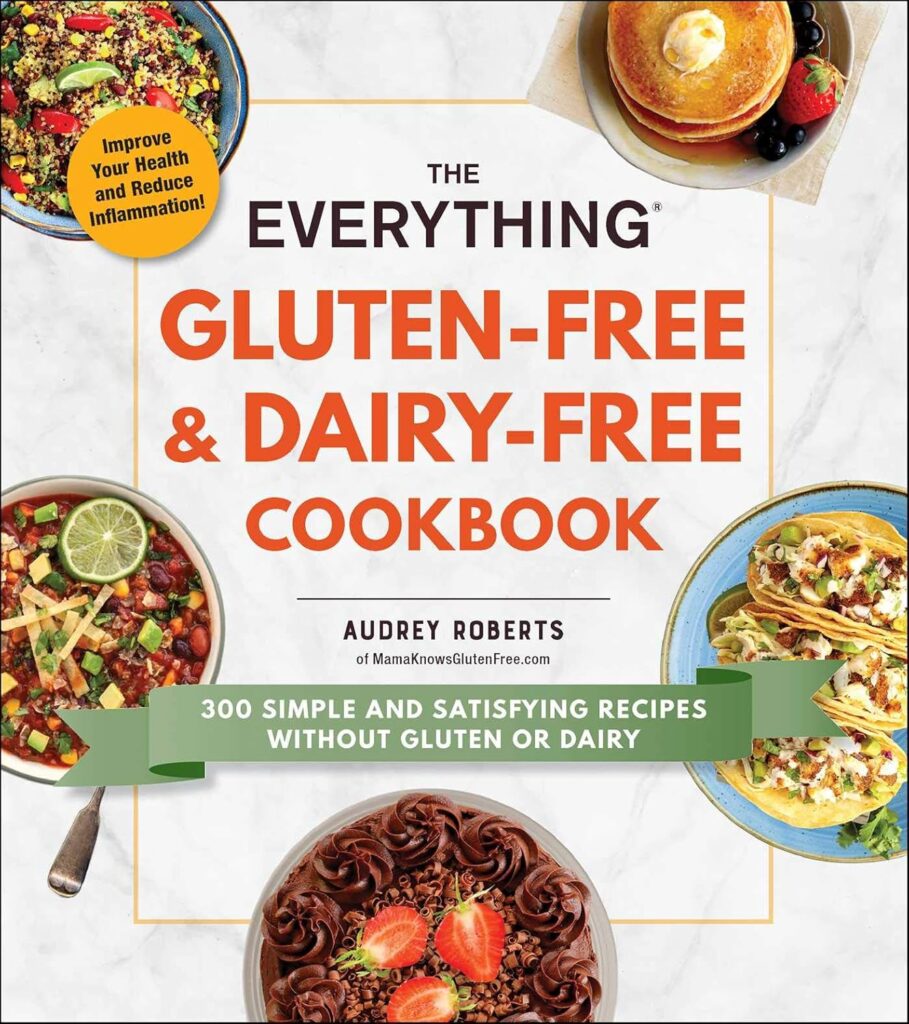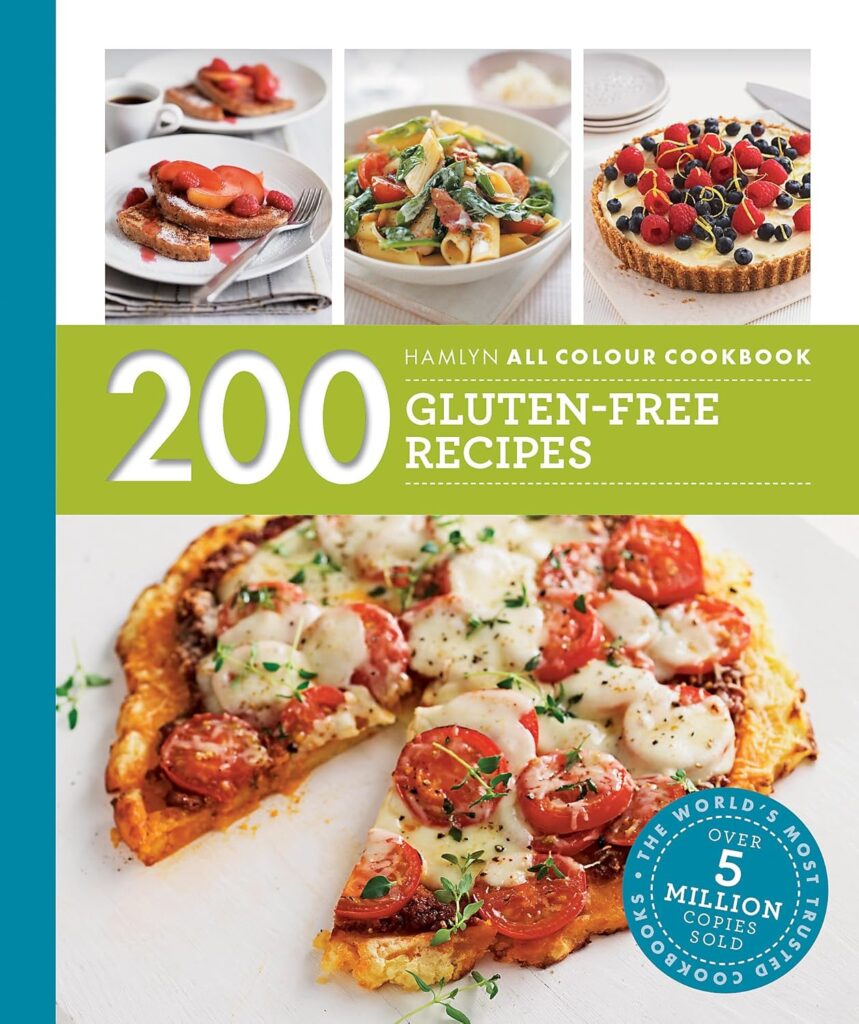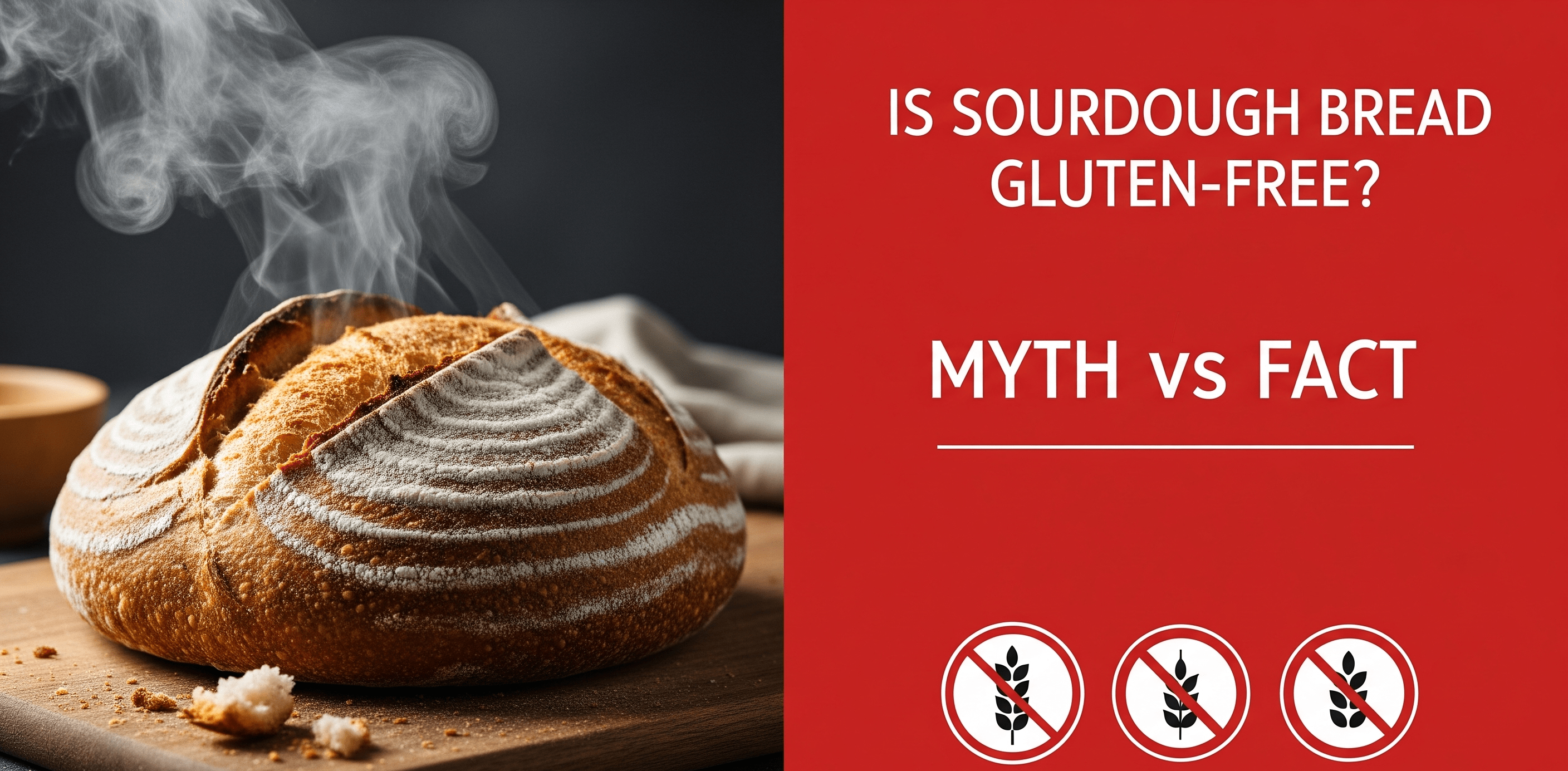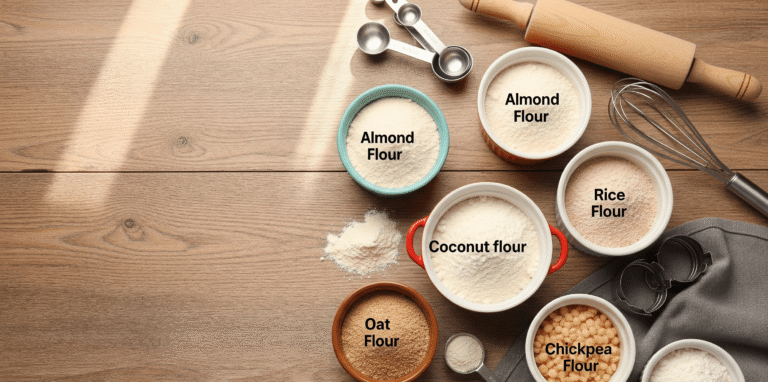Is Sourdough Bread Gluten-Free? Myths, Facts, and Expert Opinions
You might be a recent convert to the gut health train, and you may be wondering, “Is sourdough bread gluten-free?” With the popularity of gluten-free diets in recent years and sourdough’s increasing popularity among health enthusiasts, it’s obviously no surprise that people get it mixed up.Let us break down the myths, explore the facts, and hear what the experts have to say about this tangy, chewy, fermented bread and its gluten content. You can check out more articles at GlutenfreeDietBook.
What is Sourdough Bread, Really?
Before diving into the gluten discussion, let us understand what sourdough is.
Sourdough is produced through a natural fermentation process, in which wild yeast and lactic acid bacteria ferment the carbohydrates and gluten present in the flour. Commercially yeasted bread, of course, does this whole process in just minutes; sourdough, on the other hand, takes hours or even days to ferment, making it supposedly gentler on the digestive system.
Sounds enchanted, no? But the twist is this: fermentation does not equal gluten free.

Myth Busting: Is Sourdough Bread Gluten-Free by Default?
Let’s set the record straight on some popular myths.
- Myth: Sourdough bread is always gluten free.
Truth: False. Most sourdoughs are wheat-based and hence contain gluten. - Myth: Fermentation eliminates all gluten.
Truth: Not quite. Fermentation can diminish gluten, but not completely remove it. - Myth: Individuals with gluten sensitivity may safely consume sourdough.
Truth: Dependent. Some individuals with non-celiac gluten sensitivity may be able to tolerate sourdough, but celiac sufferers should avoid it unless it’s gluten-free certified.
What the Experts Say
Celiac Disease Foundation
As per the Celiac Disease Foundation, sourdough bread that is traditionally fermented from wheat flour remains to be gluten-containing and not gluten-free for individuals with celiac disease. Even when gluten content is lowered by fermentation, it does not come down to below the safe limit of 20 parts per million (ppm).
Registered Dietitians & Nutritionists
Most nutritionists recommend that individuals with mild gluten sensitivity may be able to handle longer fermented sourdough better because the gluten and fructans have broken down partially. But this doesn’t make it gluten free it merely makes it possibly easier to digest for some.
Can Sourdough Be Gluten-Free? Yes, Here’s How
But now here’s the catch: not all sourdough bread includes gluten.
There are sourdough breads produced using gluten-free flour options such as:
- Brown rice flour
- Sorghum flour
- Millet
- Buckwheat
- Teff
- Gluten-free oat flour
These sourdoughs are fermented just like traditional ones but use gluten-free starter cultures and flours. If labeled and certified gluten-free, these are safe for people with celiac disease or those strictly avoiding gluten.
So, to answer the question once again “Is sourdough bread gluten-free?” It depends on what it’s made of.
How to Identify Gluten-Free Sourdough Bread
Here are a few tips to ensure the sourdough you’re buying is truly gluten-free:
Check the Label
Check the packaging for “Certified Gluten-Free.” If it doesn’t say it, don’t trust it.
Read the Ingredients
Wheat, rye and barley = gluten. Stay away from them unless the label clearly states it’s gluten-free and tested to contain less than 20 ppm.
Ask Questions
From bakeries or farmers’ markets, inquire about what flour they use and if the kitchen is gluten-free certified to prevent cross-contamination.
You may also like following articles:-
Gluten-Free Birthday Celebration Food Suggestions: Party Planning Ideas for All
Gluten-Free Lunchbox Ideas: How to Pack Lunchbox Meals Daily
Best Gluten-Free Boozy Beverages: A Celiac and Gluten Intolerant Guide
Why Some People Feel Better Eating Sourdough
Although it’s not gluten-free, individuals with non-celiac gluten sensitivity describe reduced symptoms when consuming typical sourdough bread. Why?
- Decreased gluten content: Gluten is broken down in part by long fermentation.
- Fewer FODMAPs: Fermentation decreases fermentable sugars, which can cause IBS.
- Better digestive health: Sourdough has lactic acid bacteria that may aid in digestion.
Still, if you are gluten-intolerant, the question “Is sourdough bread gluten-free?” has a clear answer: Only if it’s made with gluten-free ingredients and certified accordingly.
Comparing Sourdough Bread Types: Gluten Content Overview
| Type of Sourdough | Base Flour | Gluten-Free | Suitable for Celiac |
|---|---|---|---|
| Traditional wheat sourdough | Wheat | ❌ | ❌ |
| Rye sourdough | Rye | ❌ | ❌ |
| Spelt sourdough | Spelt (a type of wheat) | ❌ | ❌ |
| Gluten-free sourdough | Rice, sorghum, millet, etc. | ✅ | ✅ (if certified) |
What to Do if You are Gluten Sensitive but a Sourdough Lover
You are not the only one. Many gluten-sensitive individuals do miss that deep, tangy flavor of true sourdough. Here’s what you can do:
- Try pre-made certified gluten-free sourdough products. A simple Internet search will lead you to some solid options.
- Make it yourself. Gluten-free sourdough baking is where it’s at, and there are starter kits, recipes, and forums to ensure you’ll be a success.
- Begin slowly. If you’re not celiac but gluten-sensitive, attempt a slice of long-fermented traditional sourdough (with your physician’s permission) and observe how your body responds.

Conclusion:
To summarize, the response to “Is sourdough bread gluten-free?” is a resounding no unless it is produced using gluten-free flours and certified as such. Regular sourdough bread using wheat, rye, or barley remains full of gluten, even with fermentation lowering its levels. For celiac disease sufferers, only rely on certified gluten-free sourdough. For others with mild intolerance, regular sourdough can be more easily digested but remains not technically gluten-free.
So the next time you are grabbing that crusty bread at the bakery, be sure to read the label and ask some questions. Your gut will thank you later.Interested in learning more about gluten-free living, gut health, or healthy alternatives to bread? Leave your questions in the comments below we have got more yeast-fueled tips headed your way!
Also read – Best Gluten-Free Bread Brands 2025: Top Ratings for Taste and Texture






5 Comments